T4K3.news
Supreme Court overturns convictions of two City traders
Tom Hayes and Carlo Palombo's convictions for rigging rates were quashed by the Supreme Court.
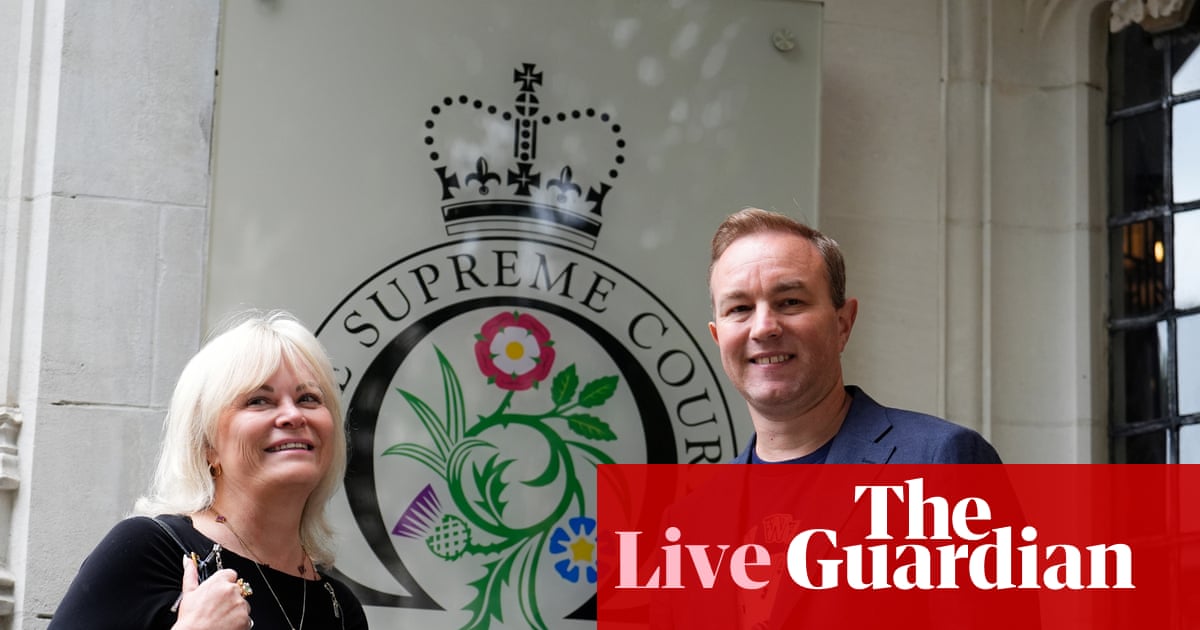
Tom Hayes and Carlo Palombo have had their convictions for rate rigging overturned by the Supreme Court.
Supreme Court overturns rate rigging convictions of City traders
Tom Hayes and Carlo Palombo, two former traders, have successfully appealed their convictions for rigging interest rates. The UK Supreme Court ruled that both men's trials were flawed due to incorrect legal instructions given to juries. Hayes, who worked for UBS and Citigroup, had been imprisoned for five-and-a-half years for manipulating the Libor rate, which influences numerous financial transactions. The Serious Fraud Office stated that pursuing a retrial is not in the public interest, confirming that the previous convictions were unsafe. This decision follows a similar judgment in a US court regarding Hayes.
Key Takeaways
"Mr. Hayes was entitled to have his defense fairly left to the jury."
This quote emphasizes the court's view on maintaining fair trial principles.
"We have determined it would not be in the public interest to seek a retrial."
The Serious Fraud Office's response indicates a commitment to legal integrity.
The Supreme Court's ruling highlights significant flaws in the legal process around financial misconduct cases. With increasing scrutiny on the behavior of traders, this ruling raises broader concerns about the justice system's handling of complex financial crimes. It also reflects the potential repercussions for regulatory bodies handling such cases, as public trust may be shaken in their capacity to ensure justice. As we move forward, the legal landscape for financial sector ethics could be profoundly influenced by this landmark decision.
Highlights
- Justice was finally served for Hayes and Palombo after years of struggle.
- A flawed trial process led to unsafe convictions in financial crime cases.
- The Supreme Court has restored integrity in the judgment process for traders.
- This ruling could reshape how financial misconduct is prosecuted.
Concerns over financial misconduct and public trust
The Supreme Court's ruling raises questions about the fairness of trials in financial crime cases, potentially damaging public trust in the system.
As the implications of this ruling unfold, it could reshape the accountability landscape for financial institutions.
Enjoyed this? Let your friends know!
Related News

Traders' Libor convictions overturned by Supreme Court
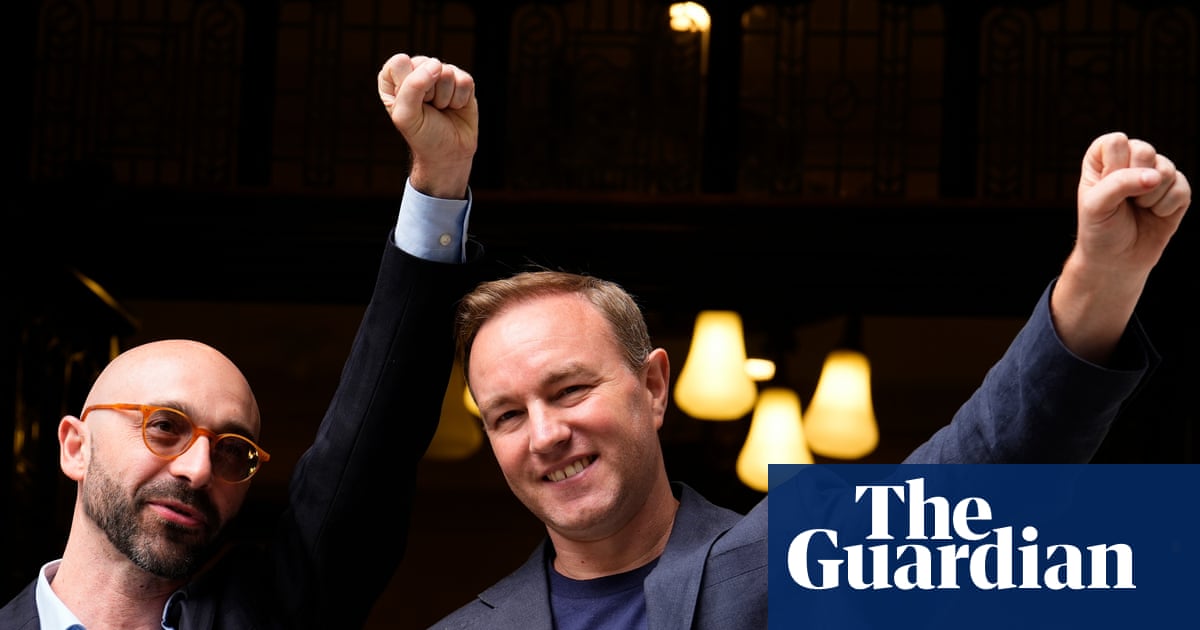
Supreme Court quashes Tom Hayes's Libor conviction
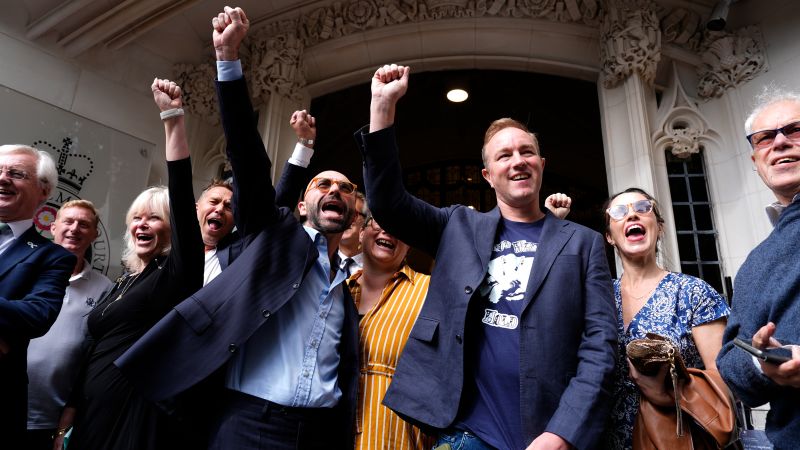
Hayes' appeal granted as conviction overturned

Supreme Court overturns convictions of traders
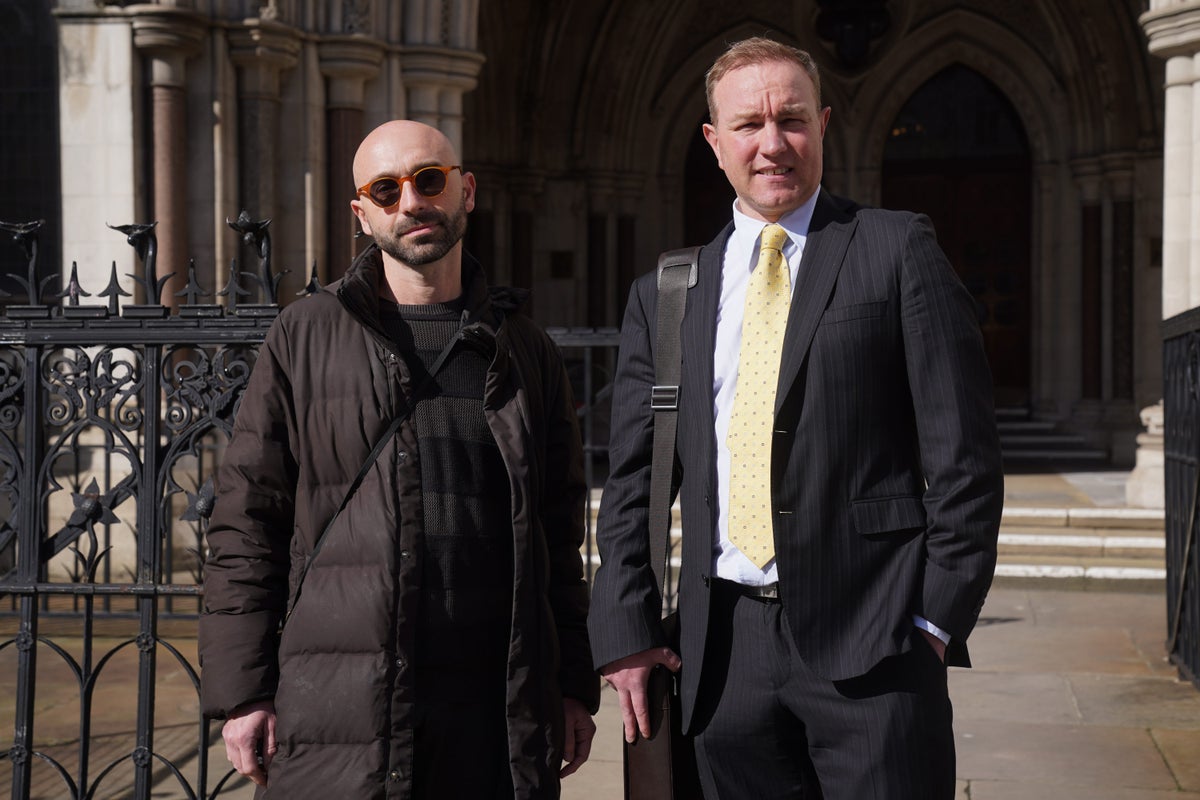
Supreme Court overturns trader convictions

Supreme Court quashes Tom Hayes’ Libor conviction
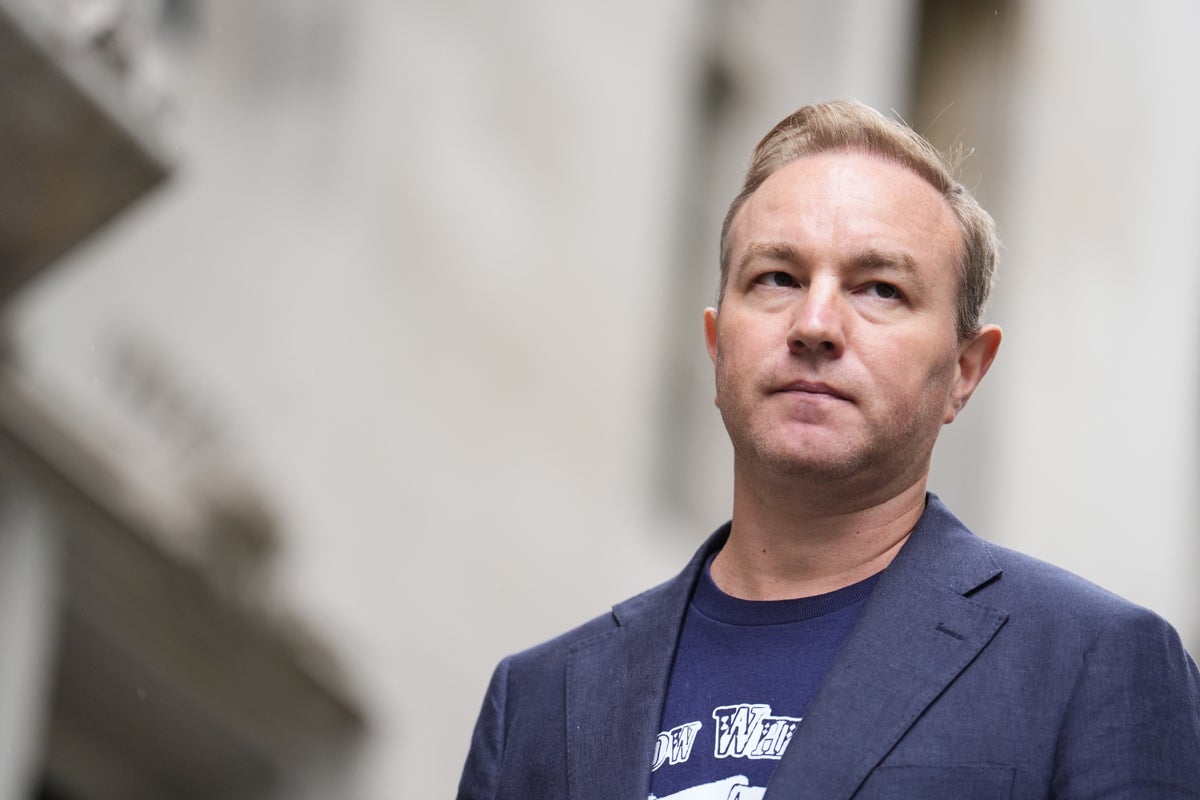
Supreme Court quashes Tom Hayes' conviction

Top Gear gang dismantled by City of London police
